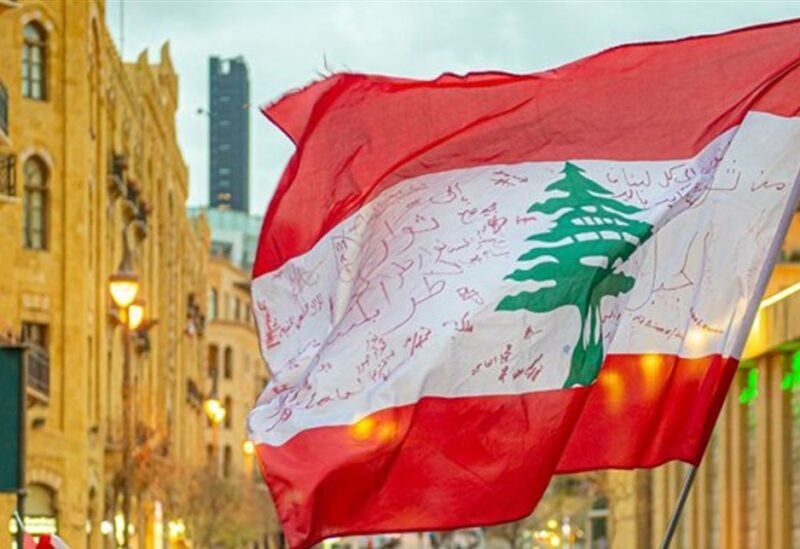
Since the beginning of this month, the French presidency of the European Union has been relied on to make breakthroughs in the Lebanese case and intensify European pressures in order to monitor parliamentary elections and reform progress with the European threats that can accompany that by imposing sanctions on individuals who obstruct the democratic process, in conformity with the legal provisions in force.
According to French diplomatic sources, Lebanon has a clear path to follow, which has been made apparent to it by both Americans and Europeans.
Despite the failure of the previous French endeavor to get Lebanon out of its crisis, and despite the fact that France recognizes that these persons had the most effect in sabotaging the initiative, the French are banking on the necessity for authorities to have a desire to preserve their nation. The French, on the other hand, now feel that Lebanon has a real chance to agree with the IMF, which will be flexible in dealing with Lebanon’s crisis and in injecting billions of euros into the country’s rescue. This chance will not be repeated, since France was concerned about the impact of Lebanon’s refusal to pay the Eurobond on its assistance, as this is a bad indication in terms of international support.
As a result, the European demand from Lebanon is limited to hold elections and implement reforms in order for the International Monetary Fund to approve funds. These two objectives do not necessitate fresh European and French demands as much as they necessitate substantial work on Lebanon’s side, and the nations’ desired changes may be realized through elections. It is important for Lebanon to have interlocutors with respect to the countries, i.e. the return of the government to reconvening and to take decisions, and the European countries welcome the realization of the proposal for an internal dialogue on defense strategy and on administrative decentralization, as the dialogue restores calm between the Lebanese parties. However, in the event the government does not convene, there will be a spinning circle, because the beginning starts with measures that the executive authority will take.
As a result, this is the greatest limit for international and European expectations on Lebanon, because these nations will not deploy soldiers to do anything, and they will not contribute money unless real reforms and corruption are implemented.
According to the French presidency’s agenda, there are two key topics: the first is European-European ties, and the second is measures to make Europe stronger. The second is the relationship between Europe and Africa. As a result, there is nothing on the table related to the Middle East. This will not, however, preclude the EU from caring about this enraged section of the globe, particularly in light of Iran’s sway over it, and from engaging with it regarding its return to the nuclear accord.
In any event, sources affirm that Paris will use its European Union leadership to organize international support for Lebanon. France has done so and will continue to do so throughout its presidency. There are also priorities, such as humanitarian help to Lebanon in the midst of the suffocating economic situation. The European Union is providing logistical help for the legislative elections, but won’t be backing any particular party. The Union also finances groups that monitor elections, ensuring that the Lebanese people pick their deputies.
France is currently taking into consideration its upcoming presidential elections in April. However, with the new president elected by the French people, the French administration will retain and continue to shoulder the burden of the European Union presidency.